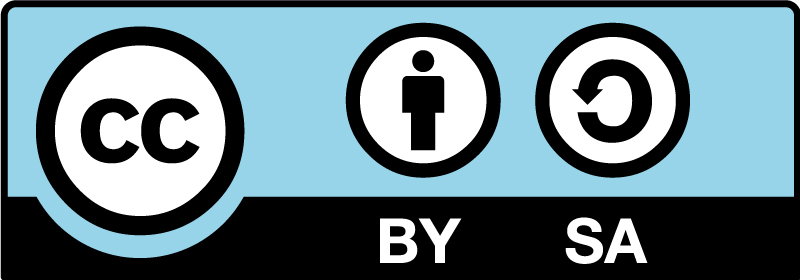Copyright Considerations for Online Courses
There are a lot of pedagogical and technical issues that make the shift from in-person to online teaching challenging but copyright considerations do not change much and most of the things you are able to do in person, you are able to do online, especially when your online access is limited to students enrolled in your course.
Continue to refer to copyright.ubc.ca for fulsome information and review the University’s Fair Dealing in Practice Guide.
Providing Course Readings to Students
Hopefully, by mid-semester, your students have already gotten access to all assigned reading materials. As always, Library Online Course Reserves can help with getting things online – linking to Libraries subscription resources, finding ebooks where available, and much more.
If you want to share additional materials with students yourself as you revise instructional plans, or if you want students to share more resources with each other in an online discussion board, keep in mind some simple guidelines:
It’s always easiest to link!
Linking to publicly available online content like news websites, existing online videos, etc. is rarely a copyright issue. (Better not to link to existing content that looks obviously infringing itself – Joe Schmoe’s YouTube video of the entire “Black Panther” movie is probably not a good thing to link to. But Sara Someone’s 2-minute video of herself and her best friend talking over a few of the pivotal scenes may be considered fair dealing, and is not something you should worry about linking to.)
Linking to subscription content through the Libraries is also a great option – a lot of our subscription content will have DOIs, PURLs, or other “permalink” options, all of which should work even for off-campus users.
Sharing copies and scanning
Making copies of new materials for students (by downloading and uploading files, or by scanning from physical documents) can present some copyright issues, but they’re not different from those involved in deciding whether to share something online with your students when you are meeting in-person.
At UBC, faculty and instructors are encouraged to read and apply the Fair Dealing Guidelines when they are making decisions about when they think they can make copies for students to post to Canvas. Library staff members are available to help faculty understand the relevant issues (contact copyright.services@ubc.ca for more help.)
Some app tools that you can use to easily digitize fair dealing amounts of material from your phone to post to Canvas are Genius Scan, Adobe Scan. Please keep in mind that you can make any scanned PDF files more accessible for your students by using an online optical character recognition (OCR) online tool that can be used to convert “non-selectable” text files into machine-readable or recognized text.
When an instructor needs to make more copyrighted material available to students than the fair dealing guidelines allow library staff can assist faculty in making these determinations and can also help you seek formal copyright permissions to provide copies to students – but there may be some issues with getting permissions on short timelines.
An alternative way to find course materials is to look online for free to use teaching resources like Open Educational Resources. Just remember to attribute!
You can also search UBC Library’s catalogue which has a large collection of journals and many ebooks that can support on-line learning. If the material you’re looking for does not support on-line-learning, consider placing a LOCR request and the Permissions Unit will attempt to secure a transactional licence for your use. Your Subject Librarian can also help.
Multimedia Viewing
Showing an entire movie or film or musical work online does represent more of a copyright issue than playing it in class – but there may be options for your students to access it independently online. UBC already has quite a bit of licensed streaming video content which you are welcome to use in your online course. Remember you can still link to content!
We may be able to purchase streaming access for additional media, but as this takes time, standard commercial streaming options like commonly subscribed to services like Netflix, Crave or Disney Plus that students may also subscribe to and can access using their own accounts may sometimes be the easiest option. (For exclusive content, the commercial services may be the only option.)
In order to better support online learning, UBC Library is also now offering a service to convert content on DVD to streaming video. This service is limited to course-required content for students to be viewed outside the classroom. Instructors can make requests via Library Online Course Reserves (LOCR). More information can be found on the Using Course Reserves Guide under DVD Digitization.
Information on this page has been adapted from the University of Minnesota Libraries, licensed under a Creative Commons Attribution-NonCommercial License with additional content provided, with permission, by the Canadian Association of Research Libraries.
